Can you take on a tasteful expedition round the aromatic world of Indian cooking? Today, we are going to dig deep into what makes Indian food feel so deliciously irresistible and this is the art of Indian spice blending. Whether you are an experienced chef or just an inquisitive foodie, learning how to master Indian spice blend techniques can completely change your cooking experience.
Indian Spices Distilled
As known to everyone, the complex flavors found in India’s cuisines owe their existence to spice use in such cuisines. Each spice adds its own aroma which makes up what is identified as typical for any kind of dish from India.
But here is the secret: it is not just about using spices but also mixing them perfectly well. This is where real skill comes out in Indian cooking.
Mastering Masala Mixing Techniques

In Indian cookery, masala refers to a blend of spices. But did you know that there are different methods of mixing masala and each method suits various dishes as well as regional cuisines? The following are some key techniques:
Dry Roasting: In this technique, whole spices are heated on a dry pan until they release natural oils; it is important for most northern Indian blends.
Wet Grinding: Also called wet blending, this technique combines spices with water (or other liquids) and turns them into paste; best fit for curries and marinades.
Tempering: Another name for it is “tadka” – this method involves making ghee or hot oil add flavor by pouring some seasonings over it at first.
Layering: It implies adding spices during various stages of cooking process to create complicated taste profiles.
Scientific Explanation On Spice Blending
Are you aware that science backs up Indian spice blend techniques? It revolves around balancing tastes:
Heat: Provided by chili peppers and black pepper
Sweetness: From spices like cinnamon and cardamom
Bitterness: Contributed by fenugreek and turmeric
Sourness: Often from amchur (dried mango powder) or tamarind
Umami: Enhanced by asafoetida and cumin
The secret lies in striking a delicate balance that leaves your palate yearning for more.
Region Based Differences In Spice Blending Techniques
India boasts of a diverse culinary landscape thus spice blending methods vary across different regions. For instance:
North India: Known for garam masala, a warming blend of cinnamon, cardamom, and cloves
South India: Famous for sambhar powder, a tangy mix featuring curry leaves and lentils
East India: Loves panch phoron, a five-spice blend used in Bengali cuisine
West India: Adores Goda masala, a coconut-based blend popular in Maharashtrian cooking
Tips to Perfectly Blend Spices Together

- Do you feel it is time to give Indian spice blending a shot? Here are tips from the experts:
- Use fresh top quality spices always.
- Keep them sealed off from light and heat by placing in air tight containers.
- Grind whole spices just before using them so as to get flavor at its maximum point.
- Mix ratios until you find your perfect combination.
Note your mixes down whenever you come up with great combinations so that you can replicate them later on.
Enhance Your Journey through Food
Learning how to master Indian spice blending is life changing when it comes to cooking. It is about flavors, tradition and adding something unique into it.
Want to become a better chef? Get the HOGR app today! It has lots of real Indian recipes, spice fusion guides and advice from professional chefs. If you want to prepare your best restaurant meals at home or have fun with new tastes, then HOGR is the only kitchen friend you need.
Don’t let Indian spices be an enigma to you. Download HOGR now and begin a culinary journey into the world of Indian cooking!
Also read- Celebrate Herb and Spices Day with These 5 Delicious Dishes
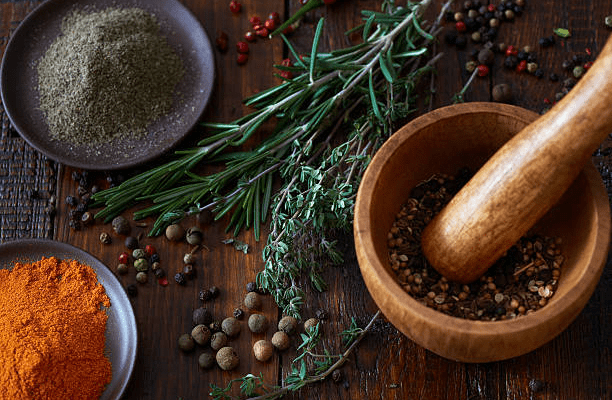
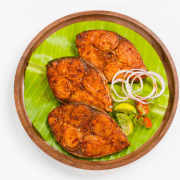
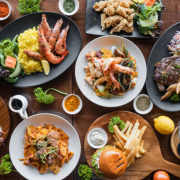
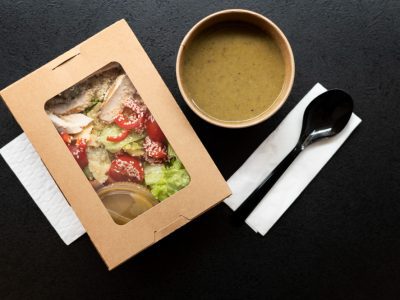

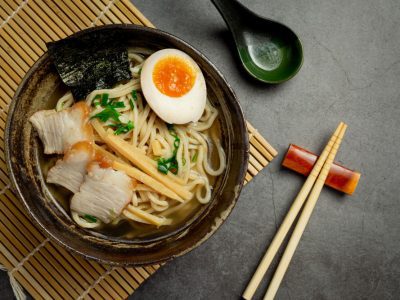
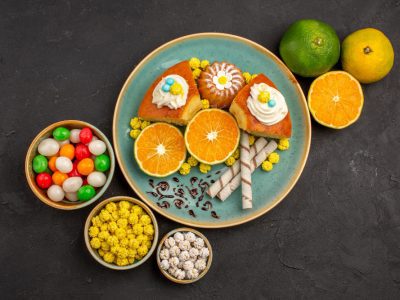
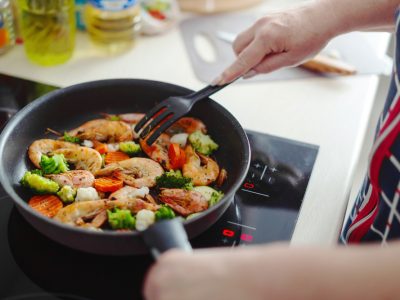


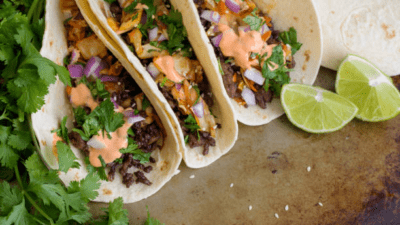
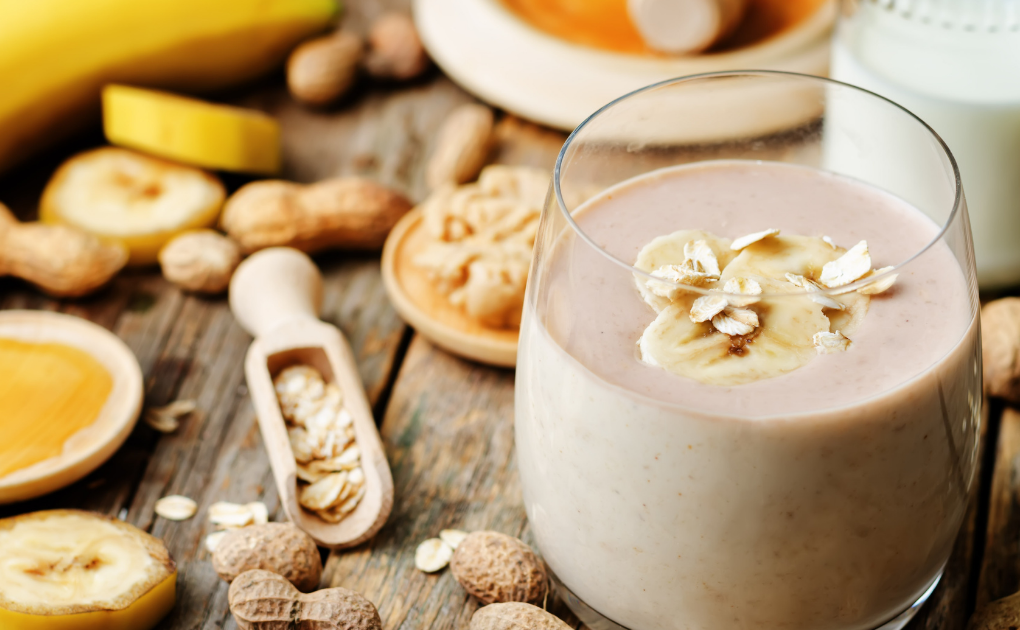

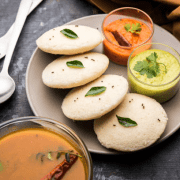
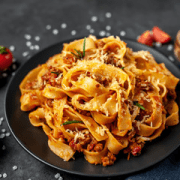


[…] Also Read- The Art of Indian Spice Blending: Revealing the Secrets of Flavor […]